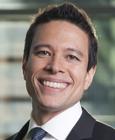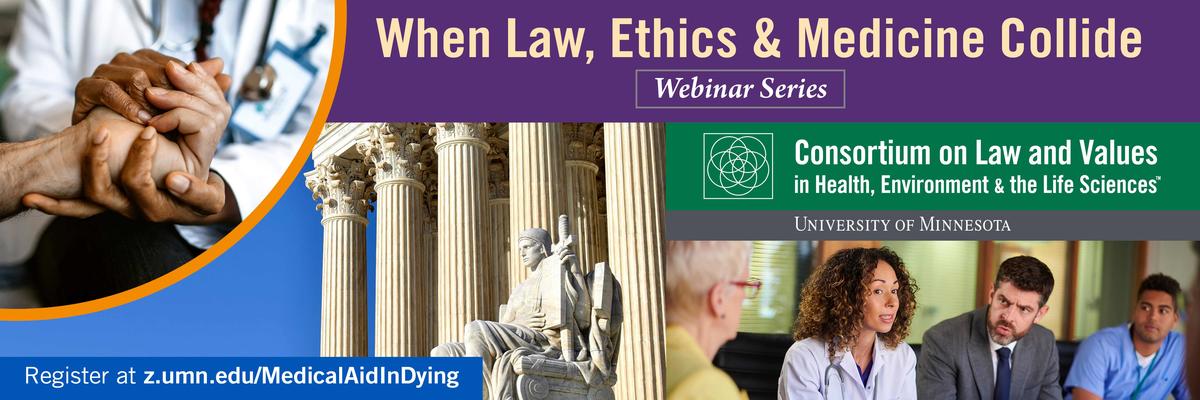
In 2016, Canada authorized both provision of a lethal prescription and euthanasia. Starting in 2027, Canada plans to enlarge eligibility to patients whose only underlying condition is a mental illness. Canada has faced significant pushback from human rights advocates and disability rights organizations, suggesting the nation’s legal framework lacks the necessary oversight and safeguards to protect vulnerable populations.
Our three panelists are experts on the law, ethics, and clinical realities of medical aid in dying, in both the U.S. and Canada. They bring different perspectives and disciplines to this important debate.
Find resources related to the webinar here.
Moderator and Presenter disclosures.
This Webinar was free and open to the public.
Panelists are:
Thaddeus Mason Pope, JD, PhD
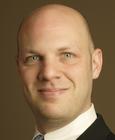
Nancy Berlinger, PhD, MDiv
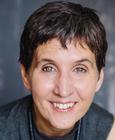
K. Sonu Gaind, MD
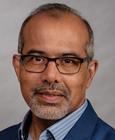
Moderated by:
Susan M. Wolf, JD
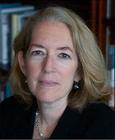
Francis X. Shen, JD, PhD
